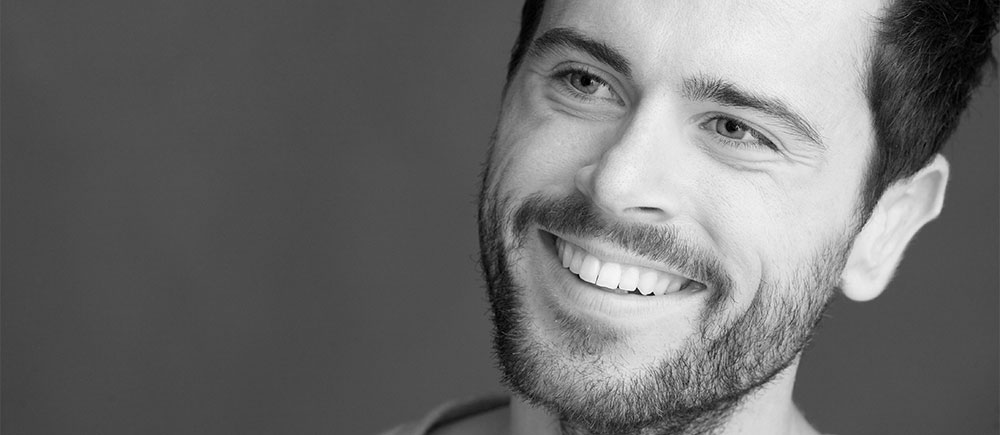Stay calm during your dental procedure with sedation denstistry in London. From nitrous oxide to intravenous, sedation in dentistry can reduce anxiety.

OUR SERVICES
Sedation Dentistry
Sedation in dentistry involves the use of medication to help patients relax and remain calm during dental procedures. It is especially beneficial for individuals who experience dental anxiety, fear, or have difficulty sitting still for extended periods during dental treatments. Sedation dentistry at our practice in London allows patients to undergo necessary dental procedures in a more comfortable and stress-free manner.
Your medical history and any medications/supplements you are taking will determine the right choice for you.
Nitrous Oxide (Laughing Gas):
- Nitrous oxide is a colourless, odourless gas administered through a mask that fits over the nose.
- It is a mild sedative that helps patients feel relaxed and at ease during dental procedures.
- The effects wear off quickly once the gas is turned off, allowing patients to drive themselves home after the appointment.
Oral Sedation:
- Oral sedation involves taking a prescribed sedative pill (e.g., Valium) before the dental procedure.
- The sedative helps to reduce anxiety and creates a calming effect, making the patient feel more comfortable during the procedure.
- The level of sedation can vary from minimal to moderate, depending on the dosage administered.
Intravenous (IV) Sedation:
- IV sedation involves administering sedatives directly into the bloodstream through an IV line, inducing a state of deep relaxation.
- This type of sedation allows for precise control over the level of sedation, and the effects can be quickly reversed if needed.
- Patients may not remember much of the procedure, and recovery may take some time.
Benefits of Sedation:
- Reduced Anxiety: Sedation helps to alleviate anxiety and fear associated with dental treatments, making it easier for nervous patients to undergo necessary procedures.
- Increased Comfort: Sedation in dentistry provides a more comfortable and pain-free experience during the procedure.
- Improved Cooperation: Patients who may have difficulty sitting still or have a strong gag reflex can benefit from sedation, allowing the dentist to work more effectively.
What happens during sedation dentistry?
Your dentist at our practice in London will give you sedative medications before beginning your procedure. You will still receive local anaesthetic to numb your teeth and gums, but your dentist usually does this once you are already feeling comfortable from the sedatives.
What happens after dental sedation?
After you have had sedation and finished your treatment, you will recover in the practice to allow its effects to subside so you are safe to go home. Your dentist will wait to ensure you feel fully recovered before discharging you. We recommend not driving for 24 hours after sedation, so you should arrange for someone to pick you up and take you home. You should also avoid exercise for 24 hours after the procedure
It is crucial to discuss your concerns and medical history with your dentist before considering any sedation option. The type of sedation dentistry used will depend on your individual needs, the complexity of the dental procedure, and your overall health. If you are in any doubt about using sedation in your upcoming dental procedure, get in touch with our practice for advice. We have a team of professionals who are qualified to administer sedation at our practice in Kensington.

